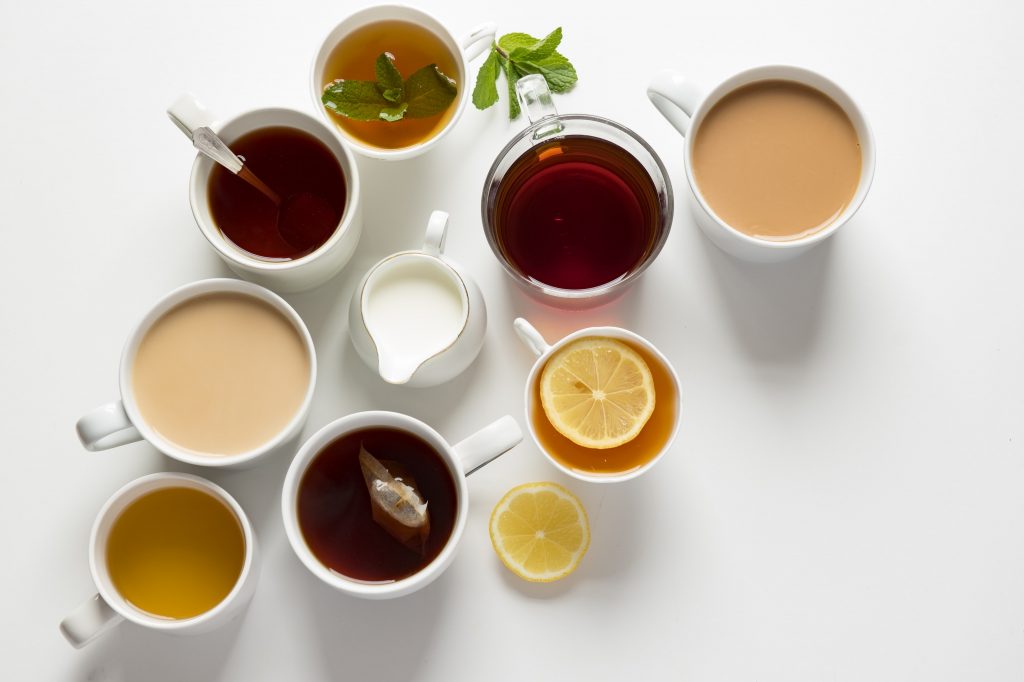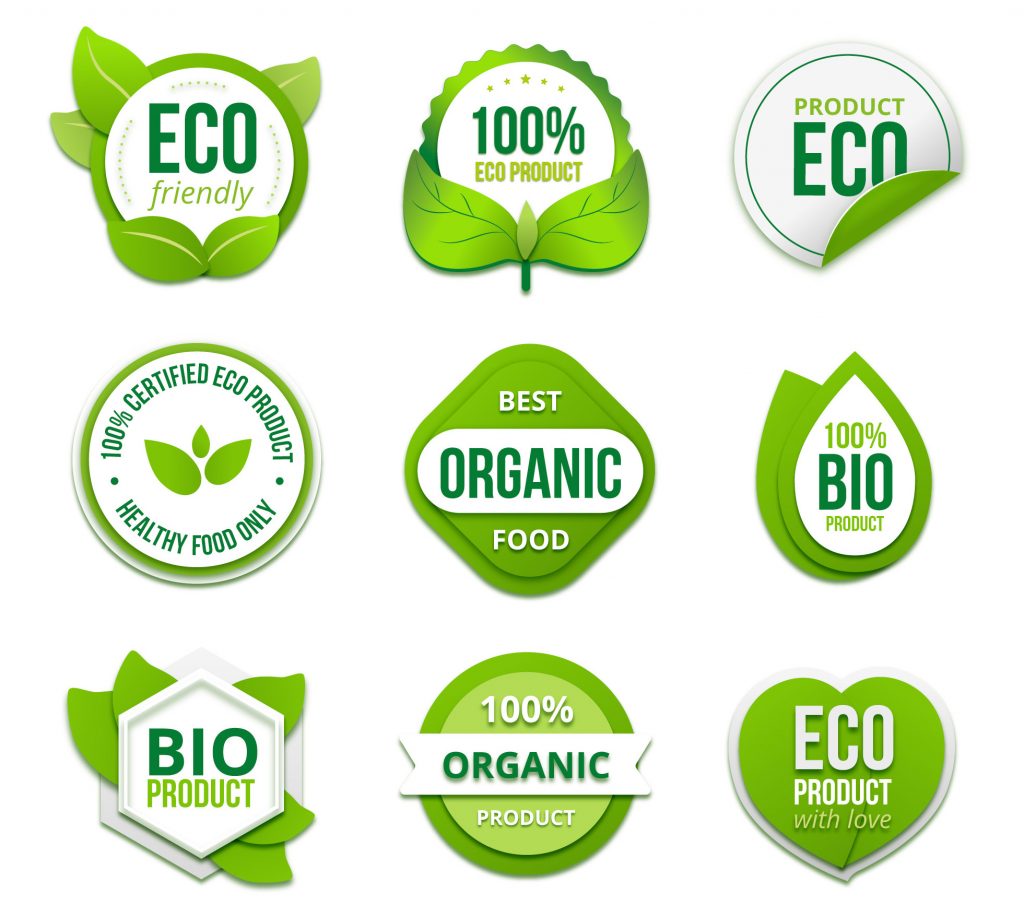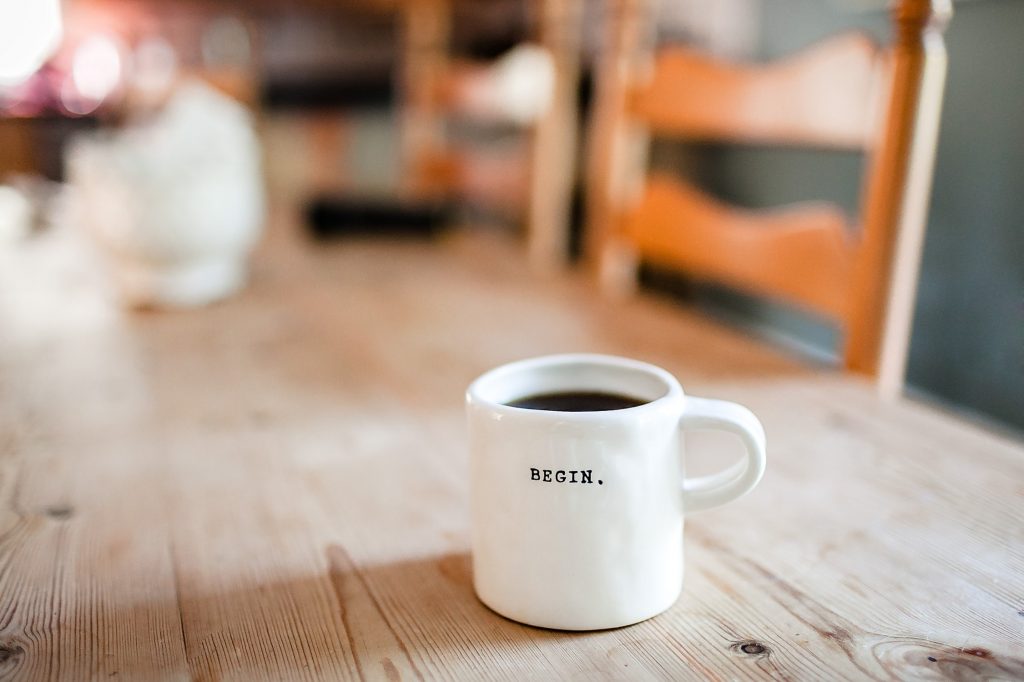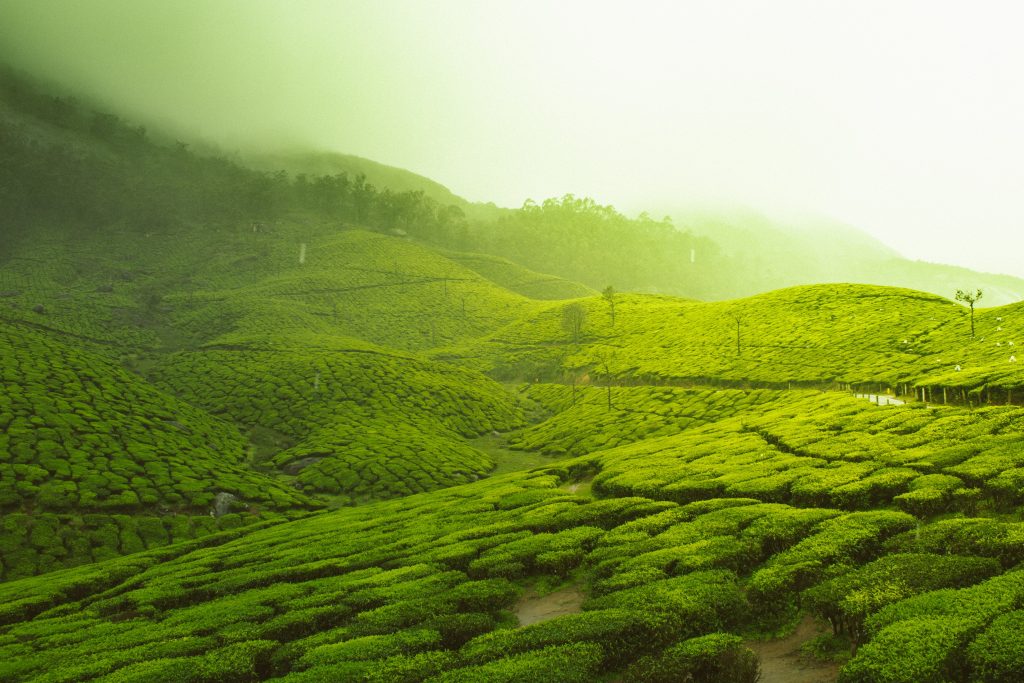
A large number of people need their coffee dosage to start the day, but that is not the only cup they’re taking. Did you know that the average person drinks nearly three cups of coffee per day? Another beloved beverage is found in 80% of homes – tea. We have millennials to thank for the even bigger growth in the popularity of tea.
However, both of these beverages raise some ethical concerns. Coffee pickers are often working on minimum wage, and even young children (five years and above) are being exploited at the plantations. The situation is not very different with tea either. A couple of years back BBC discovered that people are working in degrading conditions at tea plantations in India.
Furthermore, the production of these plants affects tropical forests, and it is expected that the areas suitable for growth will be cut in half in the future.
So, if you are bothered by these facts, here are a couple of ways to make a contribution when it comes to coffee and tea sustainability.
Look for organic certification
Depending on your country, the Department of Agriculture or a similar institution prescribes standards that need to be met in order for the product to be labeled as organic. In the case of coffee, this means that the producers must not use synthetic substances in growth and production. This includes most fertilizers, pesticides, and herbicides. If the coffee is certified organic, at least 95 percent (in the USA) of the beans must be grown in organic conditions. The same goes for teas – the products will be labeled organic if they are grown without synthetic substances.

Source: freepik.com
Some of the certifications you should look for are The Rainforest Alliance (RFA) seal, Smithsonian Bird Friendly, USDA Organic, and Utz Certified.
Organic is not always fair
We’ve already mentioned the degrading working conditions coffee and tea pickers are exposed to and this is definitely a situation when looking away is not an option, because we are all contributing to their fate. Consumers around the world are acknowledging the need for such awareness, and it is obvious that fair trade certification is one of the biggest coffee trends for 2019 and things not very different on the tea fields either.
The certifications such as Fair Trade USA, Fairtrade International, and IMO Fair for Life work towards building an economy that promotes better conditions for plantation workers and farming families, through equal trading relationships, market access, and raising consumer awareness.
Do it yourself and do it well
Drinking coffee or tea in the local café can be really nice, especially if you enjoy good company. However, how sure can you be that their products are organic and fair trade certified? So, whenever you can get busy preparing your own beverage with carefully selected beans or leaves.

You should also consider giving up on tea bags and coffee filters, as they can additionally pollute the environment. Instead, stovetop espresso maker or reusable filter for preparing coffee and tea infuser which can last forever. If you can’t imagine yourself brewing the old-fashioned way, at least use biodegradable filters.
Use what’s left
Instead of throwing away the brewing remains you can use them to maintain the “circle of life”. Coffee grounds and tea leaves can be excellent compost material, because of the high nitrogen and other benefits.
By composting them, you are keeping the organic waste away from the landfills, improving the soil quality, and keeping your garbage can empty.
A mug for life
Disposable plastic and paper cups can only harm our planet and make all of your efforts to drink sustainable coffee and tea useless. If you think that the waste you are making is negligible imagine this: three cups of coffee a day, 30 days a month, equal 90 wasted non-degradable cups. Wow, right?
Having a perfect reusable mug at home and in your office will not only make the drinking ritual more pleasant, but it will also reduce the amount of waste you are leaving behind. You can even get a “take-out” reusable mug and ask your local café to fill it up instead of using a disposable cup.
Conclusion

Finally, what’s left is spreading the word, because you can’t save the world alone. Do this by gifting organic tea and coffee to your friends, coworkers, and family. Talk about the importance of joining the fight and how these seemingly small steps can make a huge difference for farmers and workers across the world. And don’t forget to enjoy every sip – as long as it is fair and organic.
